Karin Boye was born on 26 October 1900, in the Swedish city of Göteborg, but she grew up in Stockholm where her family moved 1909. Even as a young girl and student, she began to write and participate in cultural debates, at first from religious stand point, then rebelling against conservative cultural policy. For a period, she was drawn to Buddhism, but then reaffirmed her Christian faith. At the same time, she struggled to come to terms with her own sexuality. She read Vilhelm Ekelund and Viktor Rydberg, sharing their fascination with the aesthetic ideals of the ancient Greeks, a world where loving the same sex was not a sin. “I don’t know if I’m a Christian, but I do know that I belong to God”, she wrote in an letter to her friend in 1920.
In spite of her depression, Boye was highly esteemed as a teacher, and contributed many periodicals. Boye’s early poems were influenced by Buddhism, later by Schopenhauer, and finally by Nietzsche. Her first collection of verse, Moln (1922), was filled with idealism and a sense of new-found identity. It was followed by Gömda land (1924) and Härdarna (1927), her youthful works responding to the thirst for life and celebrating the powers of renewal. “You do not become happy because you have reached a certain point”, Boye once wrote in her diary. “Steady development, movement, brings happiness.” Boye committed suicide in Alingsås on April 24, 1941.
The composer Ole Karsten Sundlisæter (1976) graduated as a Cantor at the Trøndelag Conservatory in Trondheim, Norway (NTNU) gaining the highest honours in solo organ playing. Sundlisæter is also a qualified teacher and has studied conducting and composition. His study continued in at the Paris Conservatoire National de Région in Saint-Maur-des-Fossés, where he was awarded the highest awards in harmony, instrumentation and organ performance. Since 2011 he has been a full-time freelance composer, concert organist and conductor. Sundlisæter’s productions include oratorios, operas, symphonies, chamber, choral and instrumental music. Sundlisæter is a member of the Norwegian Society of Composers. For more information about his works, please visit: www.sheetmusic.no and www.sundlisaeter.no.
The soprano Wibeke Wetaas graduated from the Grieg Academy, University of Bergen, NTNU and University of Stavanger, Department of Music, where she received her Post Graduate Diploma in 2012 under professor and soprano Elizabeth Norberg-Schulz. As a lyric soprano, she has a wide repertoire ranging from early Renaissance to contemporary classical music and opera. She has sung several operatic roles on stage in Norway, including roles as Frasquita in Bizet’s Carmen, Dido in Dido and Aeneas, and Poppea in The Coronation of Poppea by Claudio Monteverdi. She has also sung with orchestras including the Stavanger Symphony Orchestra and the Bergen Philharmonic Orchestra. In addition to making opera repertoire, lied and romance repertoire is also an important part of her work. Besides her career as a singer Wibeke is a vocal educator at Stavanger Cultural School. Wibeke Wetaas has in addition to ”Tillägnan” also recorded Sundlisæter’s cycle based on Karin Boye’s poems Gömda land (Hidden Lands). For more information about Wibeke Wetaas, please visit: www.wibekewetaas.com
The pianist Kristian Evjen graduated with a master’s degree from the Department of Music, NTNU and the Department of Music and Dance, University of Stavanger, where he studied with, among others, Håvard Gimse and Håkon Austbø. He is specialized in the interpretation of 1900’s music, and has particularly attracted attention with performances of the piano music by Messiaen. He is also active as a chamber musician, accompanist and teacher. Evjen has in addition to “Tillägnan” also participated in the recording of Ole Karsten Sundlisæter’s cycle “Gömda land”.

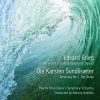
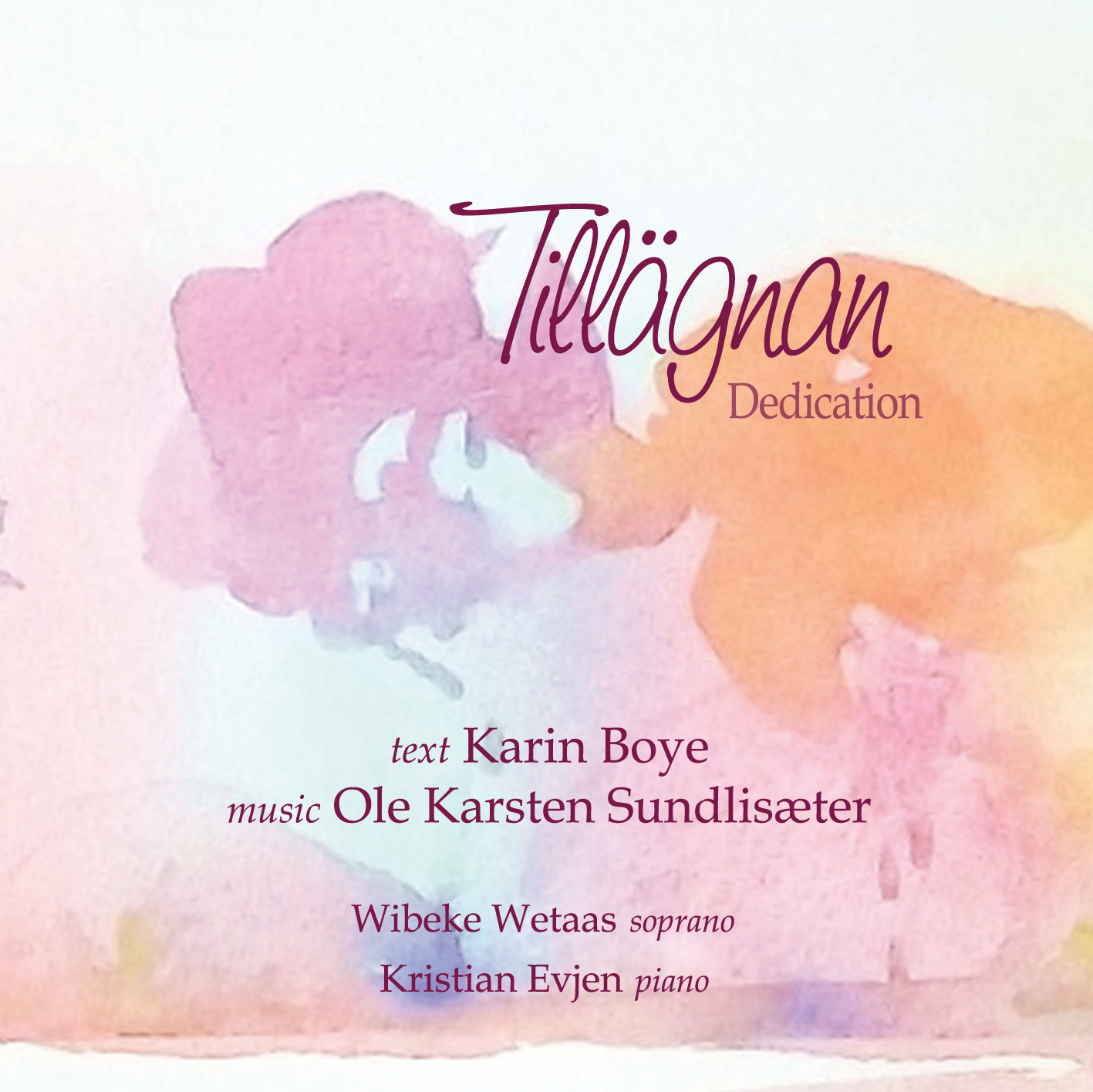

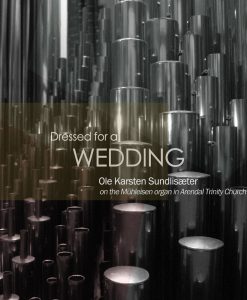
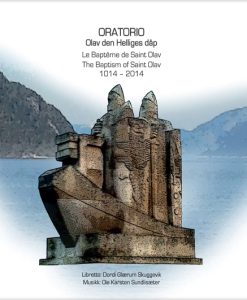
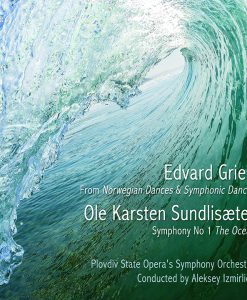
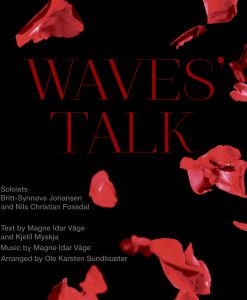
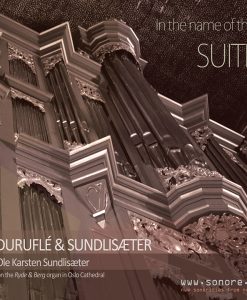
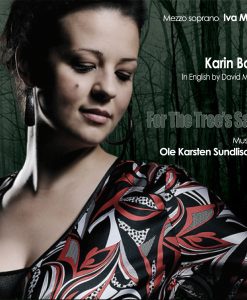
Reviews
There are no reviews yet.